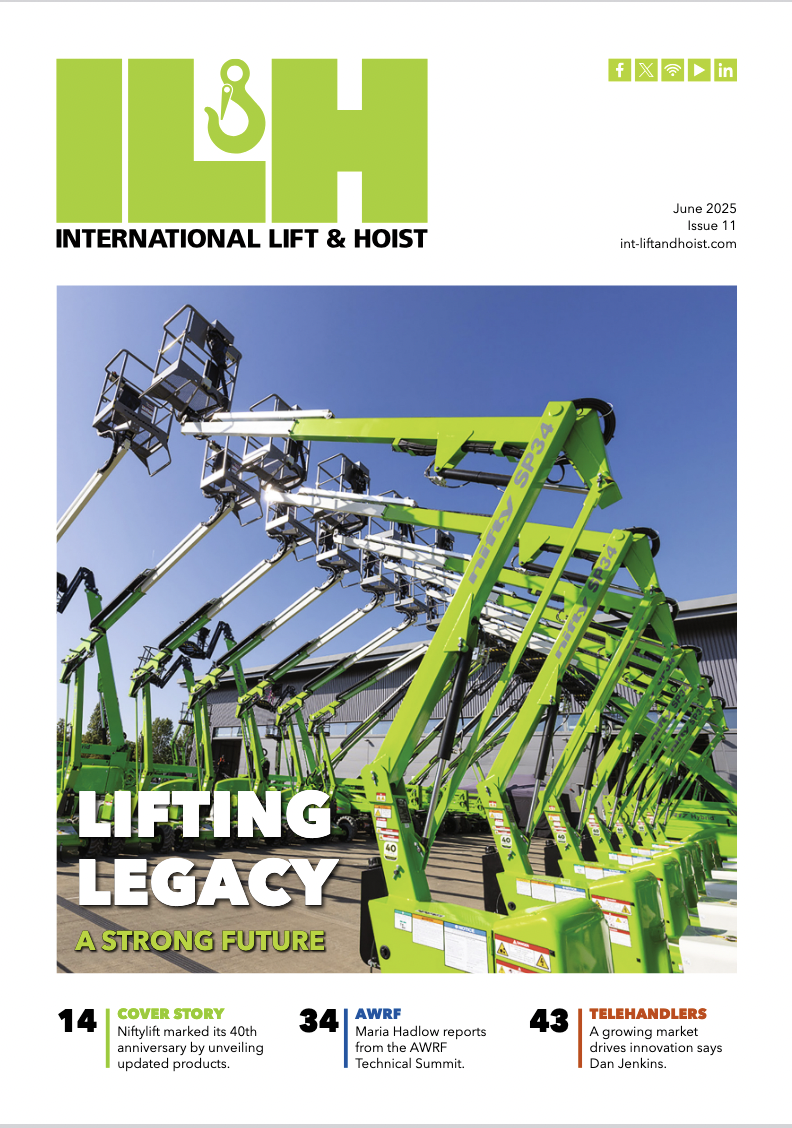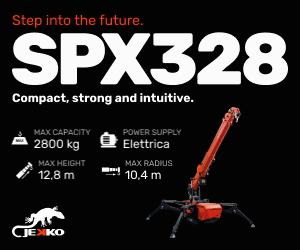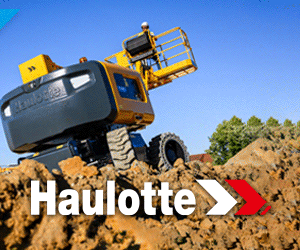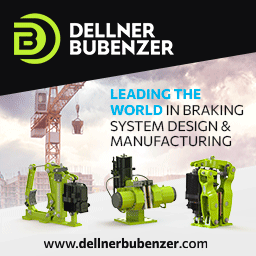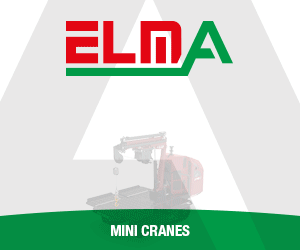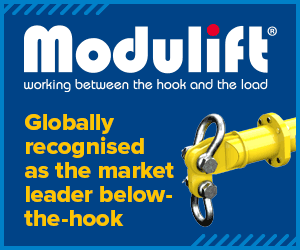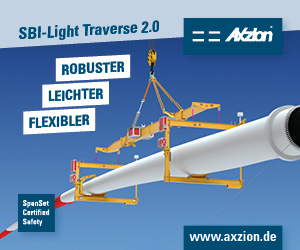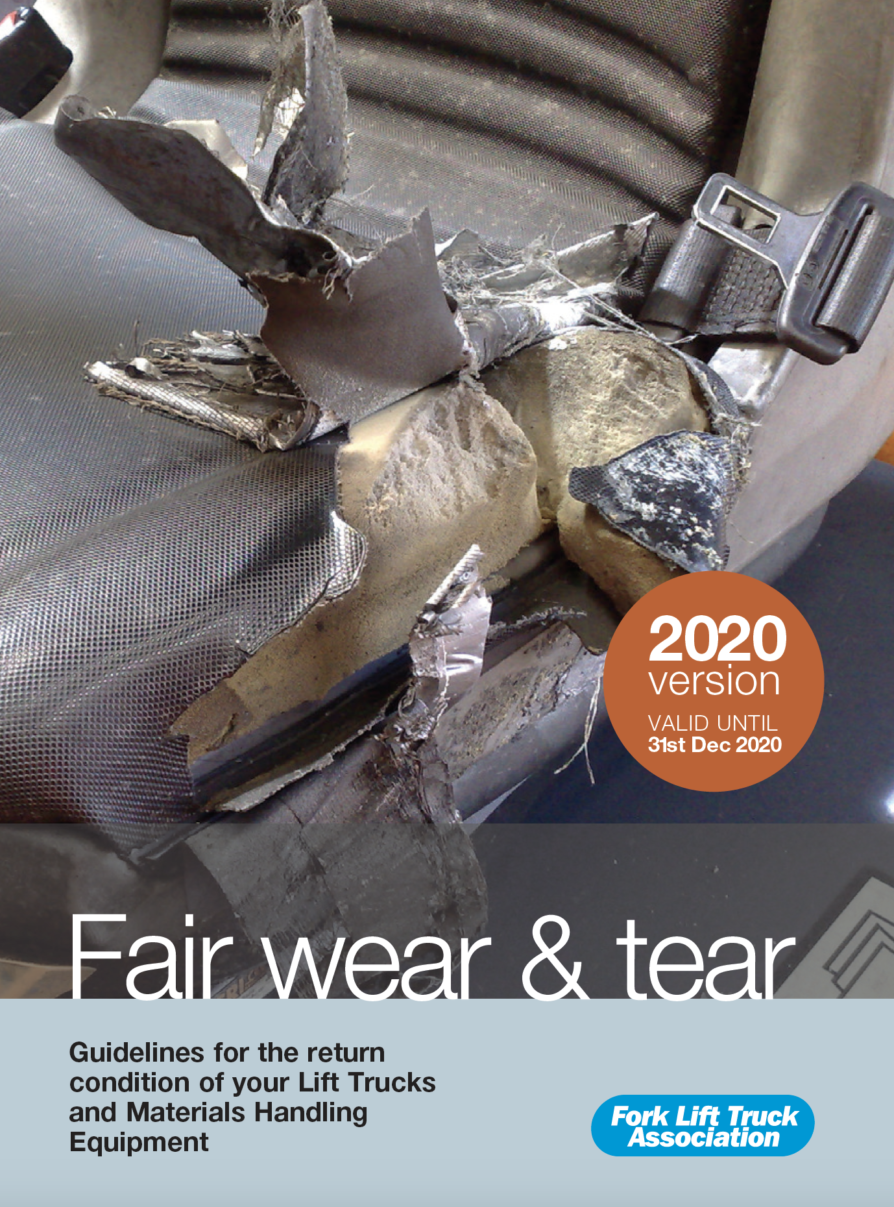)
Clearing up end-of-term rental disputes
An FLTA guide clarifies the difference between abuse and fair wear and tear.
With more than 60% of all new trucks acquired on long term rental, it’s no surprise that there can be real issues when trucks are returned at the end of the term.
According to Tim Waples, CEO of the Fork Lift Truck Association (FLTA) “End of term disputes represent a large volume of the traffic I receive. It’s usually a combination of misunderstandings and unreasonable expectations – but it can get quite acrimonious.
“That’s why the FLTA has created a document designed to help bring clarity and either avoid or help resolve disputes at an early stage. Our ‘Fair Wear & Tear Guide’ uses real-world examples and clear explanations to provide authoritative and impartial guidance to help all parties.
“It’s is also crucial, from the outset, to choose your supplier carefully” he emphasises. “You can avoid a lot of problems by working with a company that adheres to a strict Code of Practice. The FLTA Code, for example, requires members to meet defined standards of safety, efficiency and integrity.”
Drawing a comparison to explain the cause of many disputes Tim explains, “When we lease a car, we know that there will be substantial charges if the vehicle is returned in an unsatisfactory state”.
“Some truck users assume those same rules don’t apply when it comes to forklift, but they need to recognise that they are responsible for damage that goes beyond normal wear and tear. Repairs can also be costly. External damage can often impact on more expensive internal components. Similarly, safety-related structures, like the overhead guard, cannot legally be repaired but must be replaced – and the cost for doing so can run into thousands of pounds.
“Seats are the most abused items on lift trucks. And, although genuine wear and tear is acceptable, holes and rips are not. They count as chargeable damage and fitting a replacement could cost several hundred pounds.”
Waples’ advice is:
- Demand a nationally approved hire agreement and make sure you read and understand it;
- Train operators to treat the truck with respect (make them aware of the cost of repairs);
- Deal with faults and damage as they occur;
- Schedule regular review meeting with the rental company;
- Work with a reputable supplier – one that meets nationally agreed guidelines and can be held to account.



